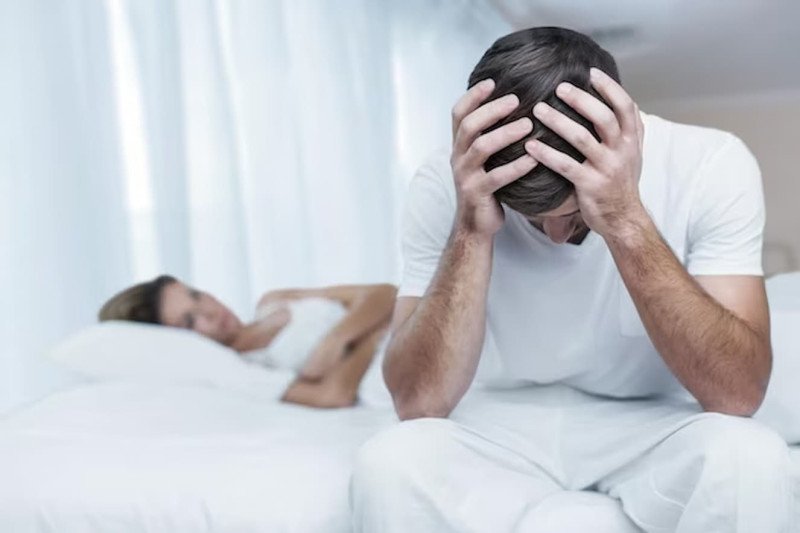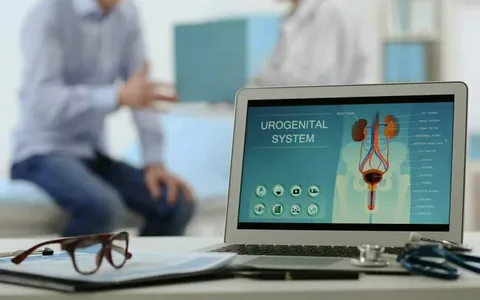When it comes to addressing varicose veins, many people hesitate because they are unsure about the right specialist to consult. The good news is that several medical professionals are qualified to treat this condition. Vascular surgeons, phlebologists, and interventional radiologists are the most common doctors who diagnose and manage varicose veins. These specialists focus on circulatory system disorders, vein health, and minimally invasive procedures that restore normal blood flow.
If you are experiencing persistent pain, visible swelling, or discomfort in your legs, consulting one of these doctors is essential. They will evaluate your symptoms, perform diagnostic imaging such as ultrasound, and recommend an appropriate treatment plan. Since varicose veins can worsen over time if untreated, knowing what doctor treats varicose veins is your first step toward effective care.
Why Do Varicose Veins Require Medical Attention?
Varicose veins are more than just a cosmetic issue. They occur when the valves in your veins weaken, allowing blood to pool and veins to bulge. While some people only notice mild discomfort, others may develop serious complications. Conditions such as chronic venous insufficiency, leg ulcers, or deep vein thrombosis can arise if the problem is ignored.
Medical attention is required when symptoms interfere with daily activities. Pain, swelling, burning sensations, restless legs, and skin changes like discoloration or dryness indicate that the veins are under stress. By consulting vein specialists early, you can prevent severe complications and improve your overall leg health.
When Should You Seek Help from Vein Treatment Centers in CA?
If you live in California, you have access to advanced care through reputable Vein Treatment Centers in CA. These facilities specialize in minimally invasive procedures such as sclerotherapy, radiofrequency ablation, and laser vein treatments. But how do you know when it’s time to visit a vein clinic?
Here are the most common signs:
- Persistent leg pain or heaviness
- Visible bulging veins that worsen with standing
- Frequent swelling around ankles or calves
- Skin changes like dryness, itching, or rashes
- Development of sores or ulcers near the ankles
- Restless legs syndrome linked with vein issues
Visiting a specialized vein treatment center ensures you receive customized care and the latest treatment technology. Early consultations can stop the condition from progressing and help you regain comfort.
How Do Doctors Diagnose Varicose Veins?
Doctors use a combination of physical examinations and imaging tests to diagnose varicose veins. During your appointment, the specialist will check for visible swelling, skin changes, and tenderness along the veins. They may also order a Doppler ultrasound to evaluate blood flow and detect valve dysfunction.
A clear diagnosis allows the doctor to determine whether your varicose veins are mild or advanced. This step is crucial for creating an effective treatment plan tailored to your health needs. By identifying underlying venous insufficiency, doctors can treat the root cause rather than just the visible symptoms.
What Are the Treatment Options for Varicose Veins?
Varicose vein treatment has advanced significantly, making procedures less invasive and recovery times shorter. Doctors often begin with conservative treatments like compression stockings, leg elevation, and exercise. If these do not provide relief, they may recommend minimally invasive procedures.
Some of the most effective treatments include:
- Sclerotherapy: Injection of a solution that closes small varicose or spider veins.
- Radiofrequency Ablation (RFA): Use of heat energy to seal off faulty veins.
- Endovenous Laser Treatment (EVLT): Laser energy is applied to close damaged veins.
- Ambulatory Phlebectomy: Removal of surface veins through tiny skin incisions.
These treatments are performed on an outpatient basis, often requiring no downtime. This makes consulting a doctor even more important, as early detection and treatment can restore your mobility quickly.
How Can Varicose Veins Affect Your Daily Life?
Varicose veins may begin as a minor annoyance but can eventually disrupt daily routines. Activities like walking, standing for long periods, or even sleeping may become challenging. Constant leg pain and swelling reduce productivity and limit your ability to enjoy physical activities.
Beyond physical discomfort, varicose veins also affect confidence. Many people avoid wearing shorts or dresses due to the visible bulging veins on their legs. Consulting a specialist not only improves your health but also restores your confidence and quality of life.
Why Choose Vein Treatment California for Specialized Care?
Patients across California trust Vein Treatment California for its advanced approach to vein health. The clinic focuses on evidence-based treatments and personalized care plans tailored to each patient’s needs. Their specialists use state-of-the-art technology to ensure comfort, safety, and long-term results.
From initial consultation to post-treatment follow-up, Vein Treatment California emphasizes patient education. They ensure you understand your condition, available treatments, and preventive care strategies. This level of commitment sets them apart as a reliable option for varicose vein treatment.
How Can You Prevent Varicose Veins from Worsening?
While genetics and age contribute to varicose veins, lifestyle changes can help reduce risks. Doctors recommend regular exercise, weight management, and avoiding prolonged sitting or standing. Wearing compression stockings improves blood circulation and reduces vein swelling.
Hydration, a balanced diet, and elevating your legs after long days also improve vein health. If you already have varicose veins, these habits can prevent them from worsening while you seek medical treatment. Preventive care complements medical treatment, ensuring long-lasting results.
What to Expect During Your First Visit?
When you visit a vein treatment center, the doctor will first discuss your symptoms and medical history. A physical exam follows, along with ultrasound imaging if necessary. Once the diagnosis is clear, the doctor will explain available treatments and recommend the best approach.
You will also receive advice on lifestyle modifications and supportive measures. Most patients feel reassured after their first visit, knowing they have a clear plan for improving their vein health.
Final Thoughts: Don’t Delay Varicose Vein Treatment
Varicose veins may seem like a minor cosmetic issue, but they often signal deeper vein problems. Ignoring symptoms can lead to chronic pain, swelling, and more severe conditions. Understanding what doctor treats varicose veins ensures you find the right specialist for your needs.
If you live in California, visiting Vein Treatment Centers in CA provides access to the latest technology and personalized care. With clinics like Vein Treatment California, you can rest assured that your vein health is in expert hands. Consulting a doctor at the right time can make all the difference in your recovery and long-term well-being.
Related Reads
- Canada to Delhi Flight Ticket Price – Affordable Options with First Class Travels
- Why a Natural Pond Cleaner Is the Smartest Way to Restore Water Clarity and Health
- How Roti Maker Machines Increase Productivity in Food Industries
- Precision in Pet Diagnostics: Exploring Modern Animal Xray and Ultrasound Services
- Exploring Comfort and Convenience with Coach Hire UK







